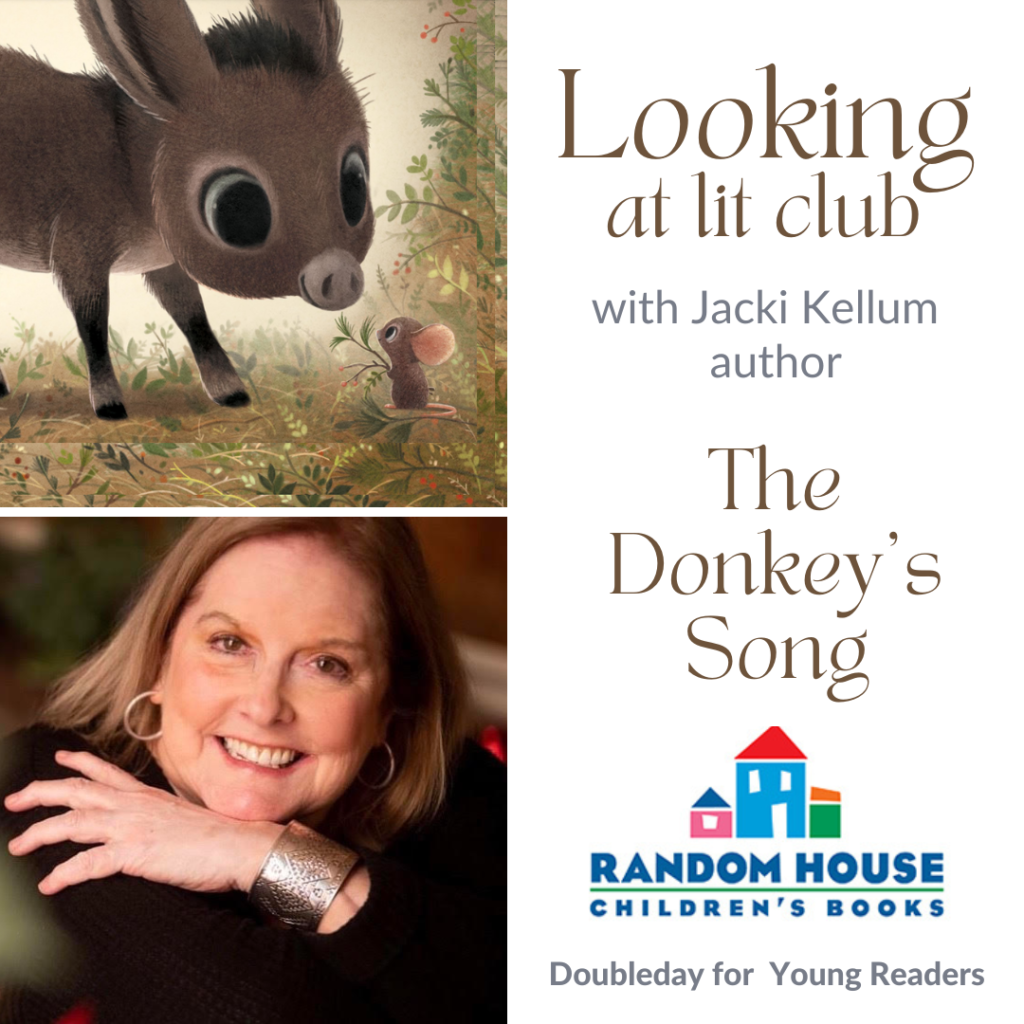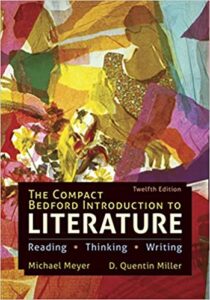A Fence
Carl Sandburg
Now the stone house on the lake front is finished and the
workmen are beginning the fence.
The palings are made of iron bars with steel points that
can stab the life out of any man who falls on them.
As a fence, it is a masterpiece, and will shut off the rabble
and all vagabonds and hungry men and all wandering
looking for a place to play.
Passing through the bars and over the steel points will go
nothing except Death and the Rain and Tomorrow.

My initial reactions to Sandburg’s poem Fence:
“Now the stone house on the lake front….”
In the first line of the poem, Sandburg tells us that the house where the fence is being built is stone. Why do you think that Sandburg felt that it was necessary to mention the word “stone”?
In my opinion, the house was already impenetrable–even before the fence was built. The house alludes to its resident, who I can bet was a hard, rigid, and stony person. Yet, that immovable person is juxtaposed against a lake, which is much more flexible. Lakes are not like rivers which are symbols for flowing and moving along, but lakes are more flexible than stone.
“The palings are made of iron bars with steel points that
can stab the life out of any man who falls on them.”
Ouch! That fence is vicious. It is certainly lethal. The fence’s palings can “stab the life out of any man who falls on them.”
ANY Man — be he vagabond or simply a wanderer–[perhaps an innocent child]–seeking a place to play.
The only thing that can pass that fence is tomorrow.
Once again, we see an allusion to the Circle of Life.

Considerations for Critical Thinking and Writing from Meyer & Miller, The Compact Bedford Introduction to Literature, pg. 625.
- FIRST RESPONSE. What is the effect of the capital letters in the final line?
- Discuss the symbolic meaning of the fence and whether you think the symbolism is too spelled out or not.
Connection to Another Selection
- Consider the theme in “A Fence” and Robert Frost’s “Mending Wall” Meyer & Miller, The Compact Bedford Introduction to Literature, pg. 763. Which poem do you prefer? Why?